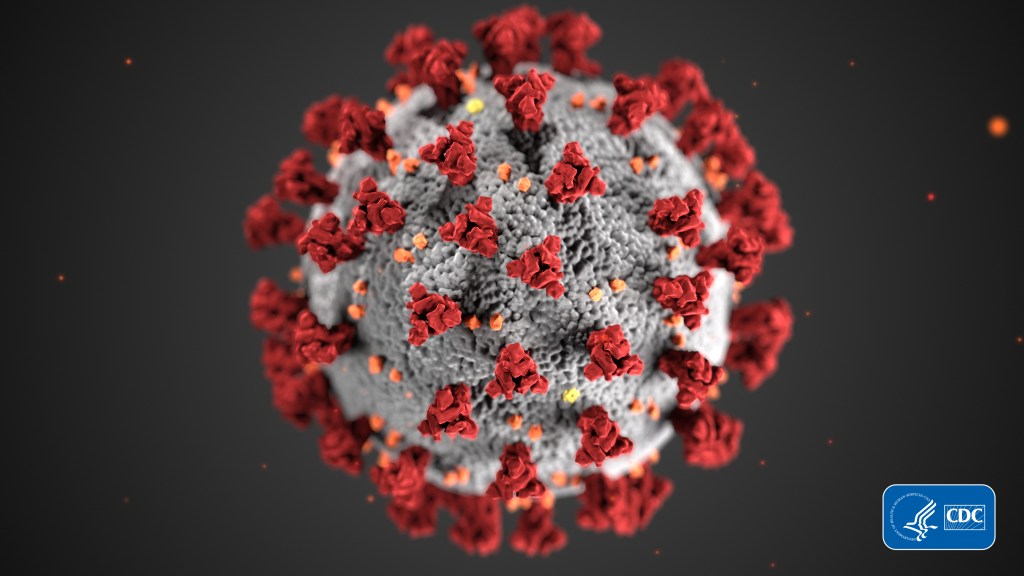
How are the United States and other developed nations supposed to help when we’ve shut down our economies? As many fathers scream at their children, “Money doesn’t grow on trees!”
Born and raised in Brazil’s drought-ridden northeast, she moved with her partner to Rio de Janeiro in 2018, in search of work. He was hired as a janitor; she began selling meals on the street, and soon they were bringing in $280 a month — enough to start saving to one day build a house back home.
The novel coronavirus pushed that dream out of reach. Lima, who has diabetes and heart problems, putting her at higher risk of dying if she contracts the virus, stopped working once the pandemic took hold in her sprawling slum, known as the City of God.
Now it seems that if the coronavirus doesn’t kill her, hunger may.
“We have to pay the rent, and we don’t have the money,” said Lima, 48. “I haven’t even been able to buy beans.”
The economic devastation the pandemic wreaks on the ultra-poor could ultimately kill more people than the virus itself.
The United Nations predicts that a global recession will reverse a three-decade trend in rising living standards and plunge as many as 420 million people into extreme poverty, defined as earning less than $2 a day.
As for the 734 million people already there, the economic tsunami will make it harder for them to ever climb out.
LA Times